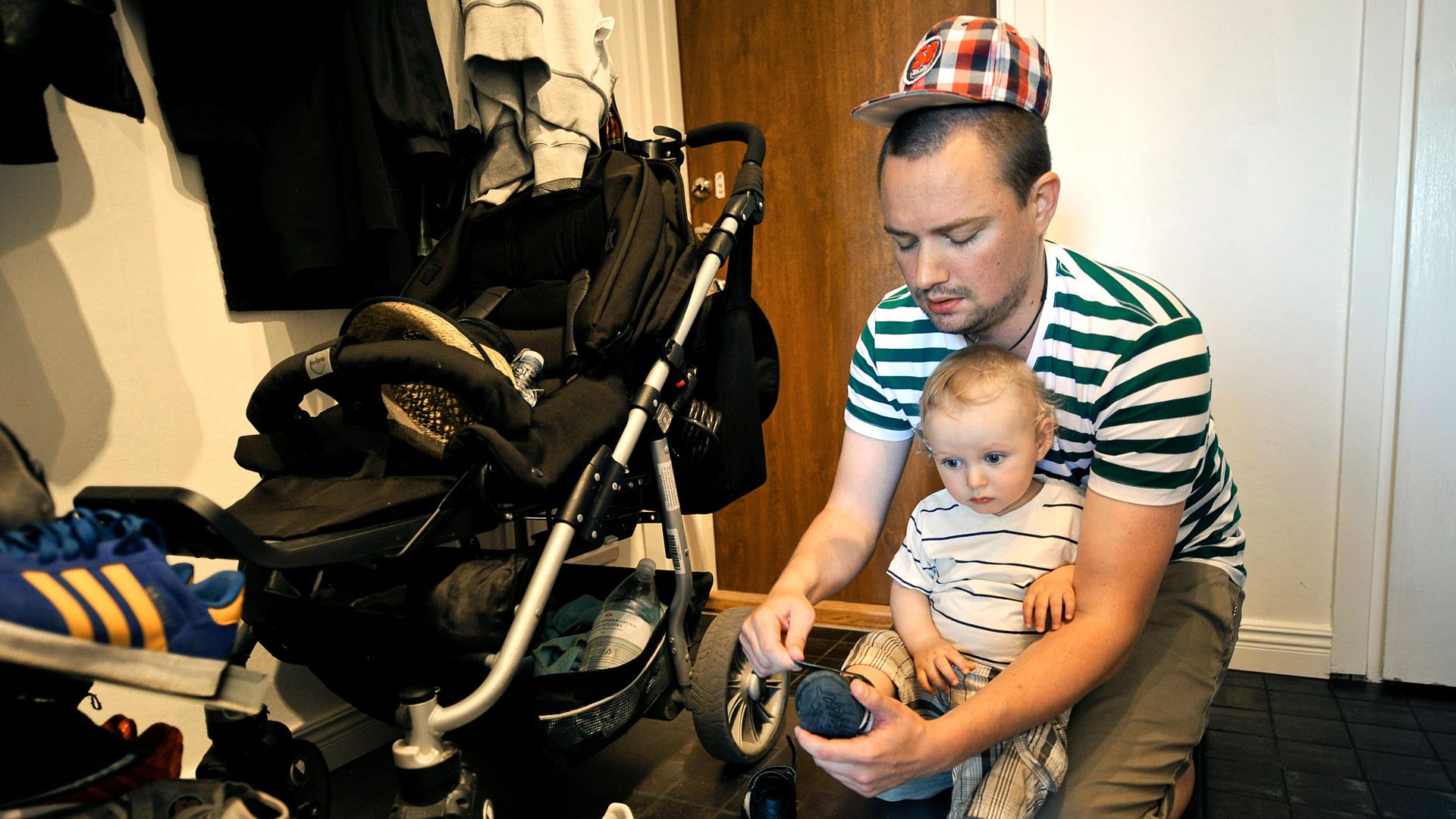This analysis was featured in Critical State, a weekly foreign policy newsletter from Inkstick Media. Subscribe here.
Caring for an infant is a beyond full-time job, but it has only recently started to be treated by governments and labor laws as worthy of being a paid job. The provision of paid leave for new parents is a relatively new right in the countries that have it, one won only after acknowledgment of, respectively, mothers in the workforce and fathers as invested in the early raising of their children. While state perception and rights are largely binary, that’s a discussion for another time.
In “Making Parenting Leave Accessible to Fathers: Political Actors and New Social Rights, 1965–2016,” Cassandra Engeman specifically focuses on how different political currents pull towards and shape leave for new fathers.
“In 1974, Sweden became the first country to establish paid parental leave for fathers, and the incorporation of fathers as caregivers under family policy continues today,” notes Engeman, though her study first tracks the idea as having political salience and legislative action as early as 1965.
Crucial to Engeman’s study is tracking two related but distinct kinds of parental leave: transferable leave, which is extended to fathers but can be transferred to mothers, and nontransferable paid parental leave, which cannot be transferred to another parent and must be taken by the father.
According to Engeman, “Each type of leave sends different signals about fathers’ caregiving roles. While transferable paid parenting leave recognizes fathers’ need for time to care for new children, nontransferable paid parental leave entitlements emphasize fathers’ gender-equal responsibilities for their children.” She explains that while transferable leave entitlements allow more family “choice” around how to divide care, in practice, it is the mothers who end up taking a bulk of this leave. In contrast, individual entitlements have been shown to effectively increase fathers’ leave use.
To build her study, Engeman looked at the first adoption of parental leave for fathers in 22 affluent democracies between the years 1965 and 2016. One crucial part of the study was the cabinet composition for governments that adopted policies, showing which ideological coalitions were willing and able to move the parental leave from proposal to reality. This cabinet composition is most crucial in understanding the role of confessional (or religious) right parties in overseeing the adoption of leave, despite it coming as a more general push from the left.
“[W]omen lawmakers have a significant, positive relationship only to transferable, paid parenting leave, and leftist party actors — and in restricted models, trade union institutional strength — have significant, positive relationships only to nontransferable paid parental leave. Results, therefore, suggest that fathers’ access to transferable and nontransferable paid leave are possibly distinct political projects,” Engeman writes.
“While confessional [right and religious] parties may emphasize family policy issues, they are not expected to support caregiving leave for fathers because such provisions challenge traditional-gendered family roles,” Engeman continues. But an increased presence of confessional-right parties in government may mean the government is willing to act and move on family leave policies, even if they are pursued by the left, allowing the religious right parties to negotiate the form such leave ultimately takes.
Critical State is your weekly fix of foreign policy analysis from the staff at Inkstick Media. Subscribe here.
